The Fine Print: 5 Things Not Covered by Your Hyundai Warranty (and How to Avoid Voiding It)
1. Routine Maintenance and Wear & Tear Items
Your Hyundai warranty is designed to cover defects in materials or workmanship, not the normal operational costs of owning a vehicle. Think of it this way: your car needs regular care to perform its best, and that care is your responsibility. This means scheduled oil changes, tire rotations, wheel alignments, fluid top-offs, and filter replacements (air, cabin, fuel) are all on you. Similarly, components that naturally wear out over time with normal use – like brake pads and rotors, clutch components, wiper blades, spark plugs, and tires – are considered 'wear and tear' items. These parts are expected to degrade and require replacement as part of regular vehicle operation, and therefore, they are not typically covered by your new vehicle limited warranty. Always refer to your owner's manual for your vehicle's specific maintenance schedule to stay ahead of these inevitable expenses.2. Damage from Accidents, Environmental Factors, or Vandalism
While your Hyundai is built tough, it's not invincible against the unpredictable forces of the world. Your warranty does not act as an insurance policy. This means any damage resulting from collisions, rollovers, or other accidents – whether minor fender benders or major impacts – will not be covered. Similarly, acts of nature, often referred to as 'Acts of God,' are excluded. This includes damage from floods, hail, lightning strikes, earthquakes, falling trees, or other severe weather events. Vandalism, theft, or fire damage are also squarely outside the scope of your manufacturer's warranty. For these types of incidents, your comprehensive vehicle insurance policy is the one you'll need to turn to. It's a critical distinction to understand: warranty covers manufacturing defects; insurance covers unexpected damage.3. Aftermarket Modifications or Non-Genuine Parts
This is a big one for car enthusiasts! While it might be tempting to customize your Hyundai with aftermarket parts or performance upgrades, doing so can have serious warranty implications. If a non-genuine Hyundai part or an unauthorized modification causes a failure in a covered component, your warranty claim for that specific failure (and potentially related failures) could be denied. For example, if you install a non-approved suspension lift kit and a CV joint fails prematurely, Hyundai might argue the lift kit was the root cause, thus voiding your warranty on that part. It's not that all aftermarket parts are forbidden; rather, it's about causation. Always consult with a Hyundai service center or refer to your warranty booklet before making any significant modifications. Using genuine Hyundai parts for replacements and repairs performed by authorized technicians ensures your warranty remains intact.4. Abuse, Misuse, or Neglect of the Vehicle
Your Hyundai warranty assumes you'll operate your vehicle responsibly and within its intended parameters. Therefore, any damage resulting from abuse, misuse, or neglect is expressly excluded. This broad category includes a range of activities such as racing (on or off-road), using the vehicle for purposes it wasn't designed for (e.g., heavy commercial hauling in a passenger car), or operating it contrary to instructions in the owner's manual. It also covers neglect, like ignoring warning lights on your dashboard, continuing to drive with known mechanical issues, or failing to address recalls. Overloading the vehicle beyond its specified capacity, using improper fuels or lubricants, or driving through deep water that exceeds the vehicle's capabilities also fall under this exclusion. Essentially, if damage occurs because you haven't taken reasonable care of your vehicle, the warranty won't bail you out.5. Damage Caused by a Lack of Proper Maintenance or Contamination
While routine maintenance items themselves aren't covered, damage that results from a lack of proper maintenance definitely isn't covered. For instance, if you neglect oil changes, and your engine seizes due to lubrication failure, that engine damage will not be covered by your powertrain warranty. Similarly, damage from using contaminated fuels, fluids, or coolants (e.g., putting diesel in a gasoline engine, or water in your oil) is excluded. It's crucial not only to perform maintenance but to perform it correctly, using the right specifications and quality fluids. Maintaining detailed service records is paramount here – it provides proof that you've diligently followed the manufacturer's recommended maintenance schedule, which can be invaluable should a warranty claim arise.How to Avoid Voiding Your Hyundai Warranty
Now that we've covered what's not included, let's talk about the proactive steps you can take to keep your Hyundai warranty valid and avoid any unexpected headaches. First and foremost, adhere strictly to your Hyundai's recommended maintenance schedule. This means performing services at the specified intervals, whether by time or mileage. It's the simplest and most effective way to ensure your vehicle remains in optimal condition and that you meet the warranty's requirements. Secondly, always use genuine Hyundai parts or manufacturer-approved equivalents for any repairs or replacements. While the Magnuson-Moss Warranty Act generally protects consumers from being forced to use OEM parts, if a non-OEM part causes a failure, your warranty might not cover the resulting damage. When in doubt, stick with OEM or consult your dealership.Third, keep meticulous records of all service performed on your vehicle, including dates, mileage, and itemized receipts. If you have work done by an independent shop, ensure they use high-quality parts and follow Hyundai's service procedures. These records are your proof that you've maintained your vehicle properly. Fourth, avoid unauthorized modifications or extreme vehicle use. If you're considering a significant aftermarket upgrade, speak with your Hyundai service advisor first. And remember, your Hyundai is a passenger vehicle, not a race car or an off-road beast (unless it's specifically designed as such). Finally, address warning lights promptly. Those lights on your dashboard aren't just for decoration; they're vital indicators of potential issues. Ignoring them can turn a minor problem into a major, warranty-voiding repair. Taking these steps will help you maximize your Hyundai warranty coverage and enjoy worry-free driving for years to come.
Conclusion
Your Hyundai warranty is a valuable asset, providing significant peace of mind for the duration of your ownership. However, like any important document, it comes with its own set of rules and exclusions. By understanding what falls outside its coverage – routine maintenance, accident damage, unauthorized modifications, misuse, and neglect – you can avoid costly surprises down the road. The key to maximizing your warranty's benefits is proactive care: diligent maintenance, using genuine parts, keeping detailed records, and operating your vehicle responsibly. So, read that owner's manual, understand your warranty booklet, and give your Hyundai the love and attention it deserves. Happy driving!Where can I find my VIN?


